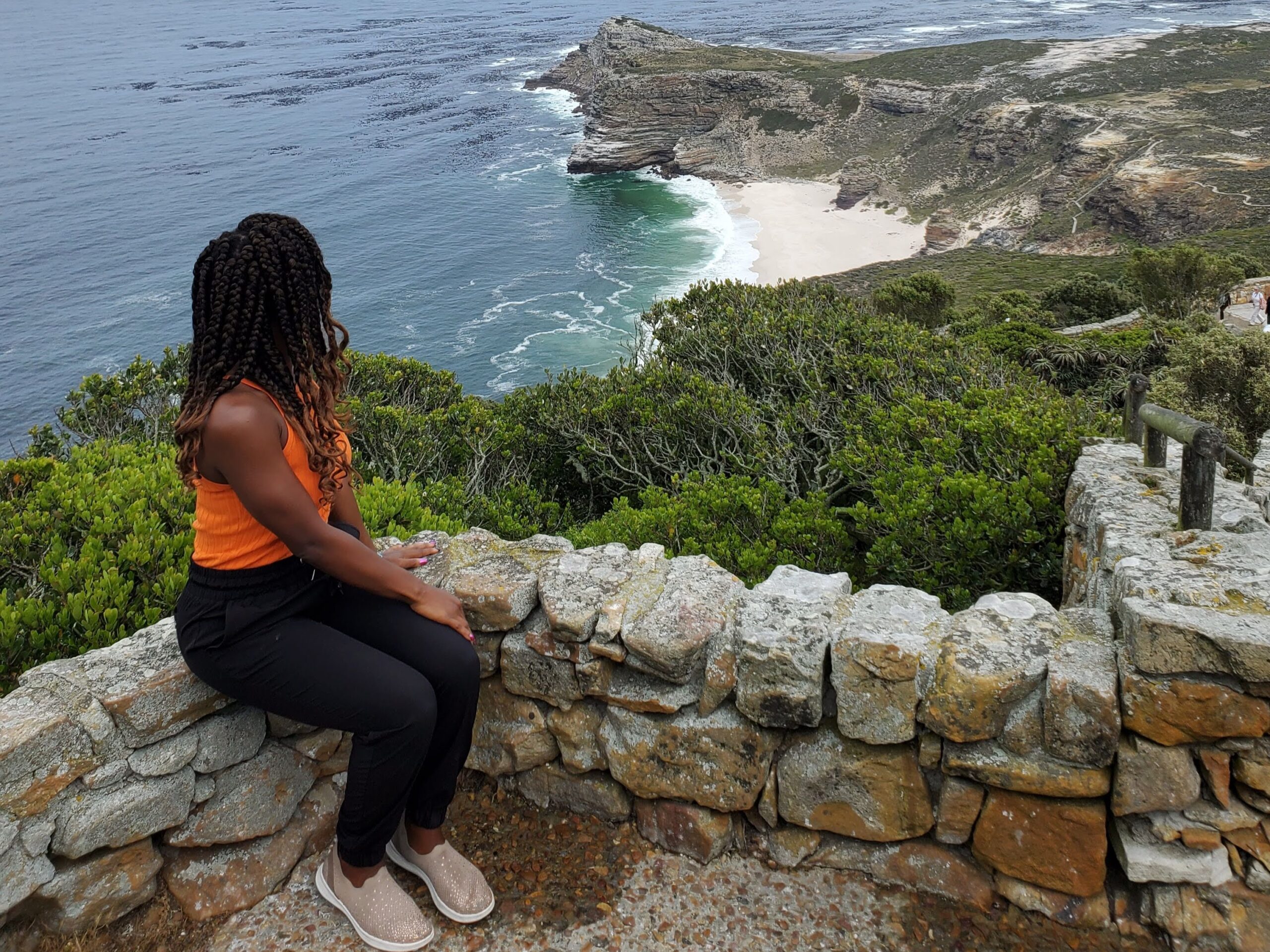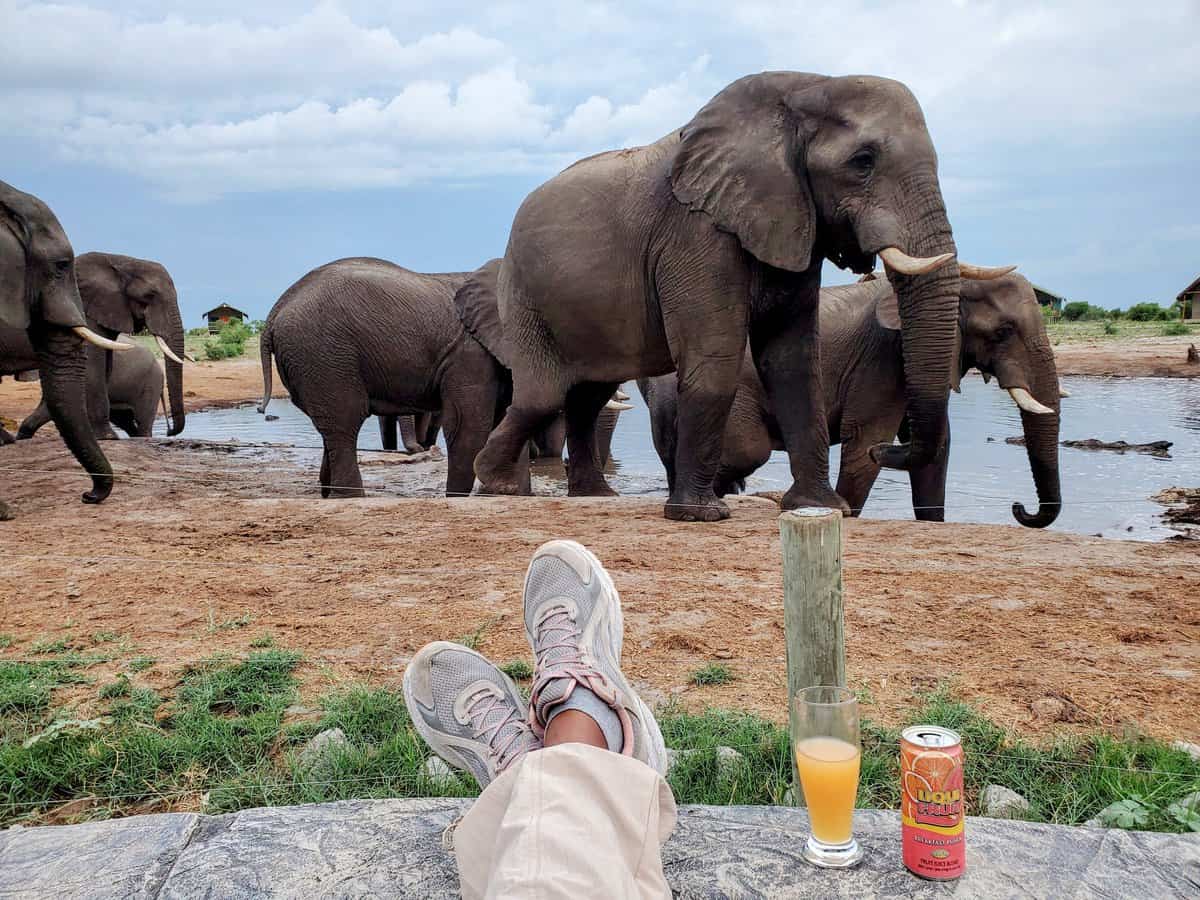How To Get Unstuck: 6 Emotions That Make Up Your Inner Guidance System

Emotions are something we are often taught to repress–especially when it comes to emotions we would consider destructive or negative.
But emotions can serve a very valuable purpose, by illuminating our pathways that may otherwise be unclear.
There are countless moments in life, where we may feel on a conscious level that we do not know what to do, who to choose, where to be, which way to go, or how to get there.
This is where your emotions can work in your favor if you choose to tune into them rather than suppress them.
When we focus on what we feel, we can more clearly see what we couldn’t before.
Here are 6 emotions that can serve as your inner compass in moments where you feel stuck, confused, or stagnant, and you don’t know which way to go or which way to grow.
Jealousy.
If you feel like you don’t know what you want in life, look at the people or things that make you jealous.
Jealousy not only shows you your truest desires, but it points to your biggest deficits keeping you from attaining them, when you dare to ask “what is that person doing that I am not?”
This shows you what traits and skills you need to develop to get the same results.
Sometimes you’re jealous of people when they have things you want that you feel like you cannot have due to insecurity or ineptitude, but sometimes you’re jealous of people when they have things you feel like you should have had by now.
In instances like this, jealousy also shows you where you may need to let go and accept that everyone is on their own journey, with their own timeline, and their own unique combination of advantages and disadvantages.
You can’t let another person’s progress derail you emotionally because you feel you share the same level of merit, but not the same level of results.
Go after what you want, let go of what you cannot control, focus on what you can, and be grateful for what you have–just as you look to others and feel jealous of them because of their perceived advantages, there are people looking to you and feeling jealous of you because of yours.
Fear.
We feel fear when we are facing something we think will cause us to die–either literally or metaphorically.
When we are at risk of literal death, this is not so good.
But when we are at risk of metaphorical death, this is usually great–as it means an outdated, less effective version of ourselves has the chance to die so that a better, more effective version can be born.
Fear shows you your next growth opportunity.
We experience fear when we are faced with the prospect of getting out of our comfort zones.
When you feel fear, you are at the precipice of evolution.
You fear what you intuitively know is the next best thing for you.
You don’t fear it because it’s bad, or won’t work out–you fear it because it is unfamiliar and uncertain.
Do the thing that scares you–that is the thing that will also elevate you.
Anger.
We can all get caught up in the heat of a moment, and find ourselves mad, but it is our most persistent and consistent anger that is most telling.
In the case of persistent anger, when anger lingers, it’s usually because there is a refusal to accept something about our past or our present, whether that be pertaining to ourselves or our circumstances.
This either shows us how we need to forgive ourselves or others to move on, and/or how we can change our behavior going forward to avoid being in an unfavorable situation in the future.
In the case of consistent anger–if you find yourself constantly getting angry in the same kinds of situations–use that as an opportunity to see what it is you are really angry about.
Anger, especially at others, is usually displaced, and usually goes in hand with disempowerment.
In what ways do you feel powerless?
What do you feel is being taken away from you?
How does this situation show you how you can stand up for yourself in the future?
Intuition.
Intuition is an elevator.
If you follow it, it will take you up.
Your intuition points to the most efficient and effective way to get to the next level.
But because we more readily prioritize our comfort over our evolution, we often dismiss our intuition, thereby choosing to take the stairs instead.
By denouncing and downplaying that inner voice, we talk ourselves out of what is more efficient in favor of what is more comfortable, and as a result end up taking the long route to the realization of our dreams.
Intuition, at times, comes with a sense of conviction–we take comfort in the confident glimpse into our future.
But at times, intuition comes with a sense of resistance–we recoil at the idea of doing something outside of our comfort zones in order to advance.
Sometimes, we say we don’t know what we should do next, but really, we do know, we just don’t want to do it.
Overwhelm.
Overwhelm is not your natural state.
If you are overwhelmed, you are requiring too much of yourself or allowing others to require too much of you.
Recognize your limits.
Recognize your humanity.
Recognize your right to feel peace in your own life.
You are not made to carry more than you can handle–certainly not for a prolonged period of time.
If you are feeling persistently overwhelmed, it can show you how you can do things differently, what you need to cut out of your life, where you can ask for help, where you need to erect boundaries, and where you need to make time for yourself.
Joy.
Follow your bliss.
Follow your passion.
Contrary to the assumption that usually goes along with these statements, you do not need to monetize your hobbies–you just need to have them.
Do what makes you happy, whether on a larger scale, or smaller one, whether it’s done alone, or with others, whether it comes with financial compensation, or not.
Your joy is your medicine.
The things that make you happy are a prescription to heal pain and sadness in your life.
Joy is your light.
It is the way through the darkness.
Life is a constant ebb and flow between confusion and clarity, peaks and plateaus, stagnation and progress.
When we find ourselves in the valleys, it’s not always clear how to get out.
At this point, we usually look to friends and family first to gather opinions and take a poll on what we should do.
Instead of defaulting to seeking the counsel of your peers, first, look inwards.
A closer look at yourself and your emotions may just reveal everything you need to get unstuck.




